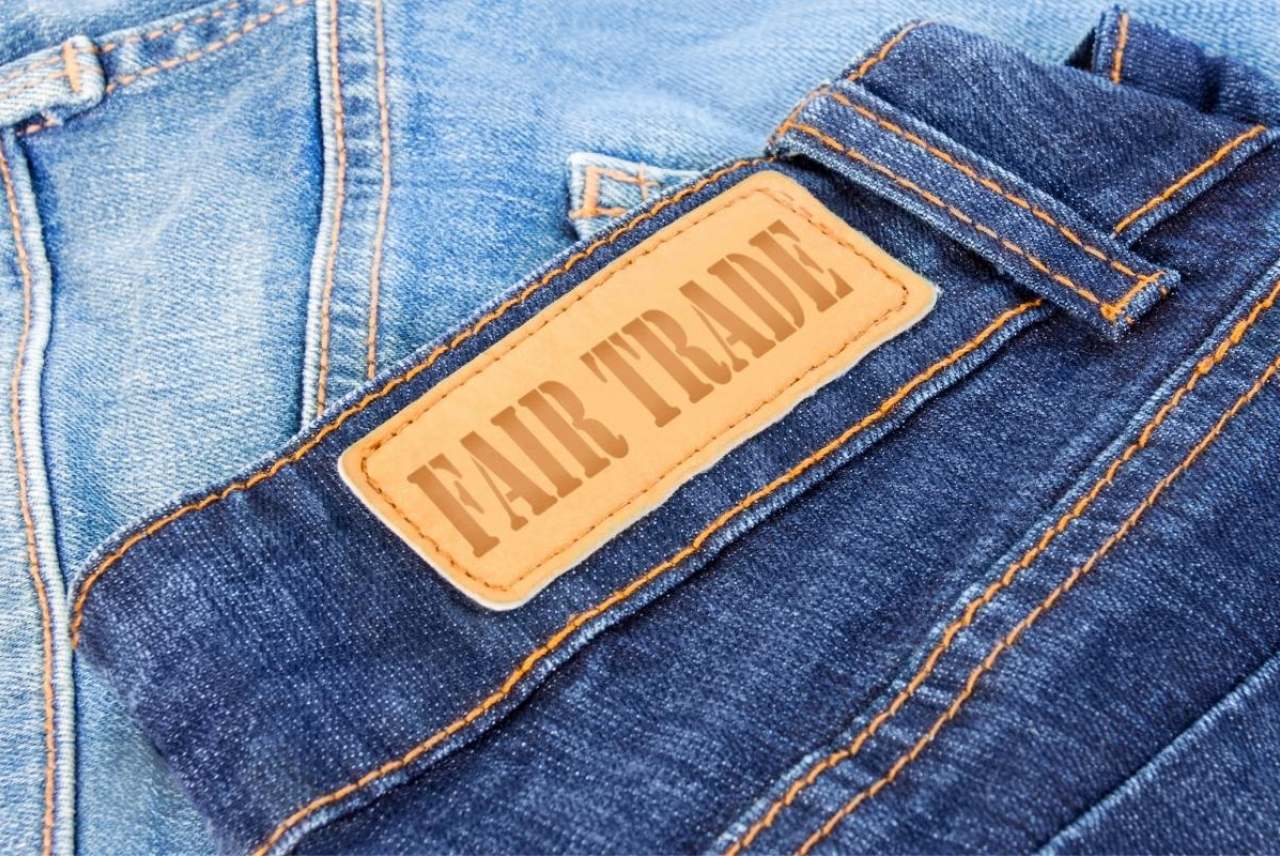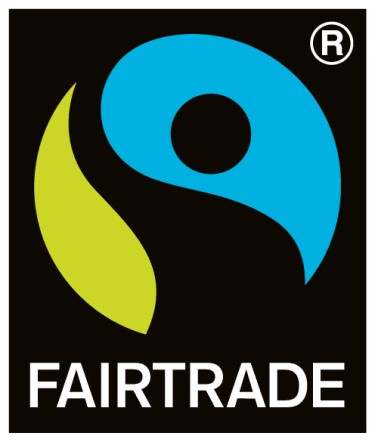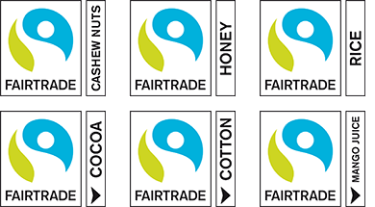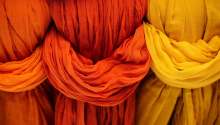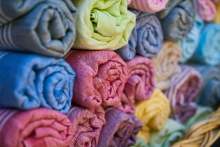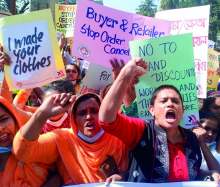Describing an item of clothing as fair trade is often shorthand for saying that a product was ethically produced - in particular, that the workers who helped produce it had safer working conditions, fairer pay, and other workers' rights.
Our Ethical Markets report showed that demand for fair trade products continues to grow - sales of fair trade products increased by nearly 14% between October 2019 and October 2020.
However, since any company can describe a product as fair trade or fairly traded, it can be hard to know how meaningful the term is and whether buying clothing labelled as fair trade actually benefits workers.
What does fair trade mean in fashion?
Fair trade is not a protected term (unlike for example organic - to be labelled ‘organic’ a product must be produced using at least 95% organically farmed ingredients, and the definition of organically farmed is defined by the government).
As such, while the general idea of fair trade is fairer conditions for workers, in the fashion industry the term can be used loosely to mean a range of things.
This creates ample opportunity for greenwashing - companies marketing clothing as ethical and fairly traded, when in fact they might not know (or care) about the conditions of workers who help make their clothes.
Our Supply Chain Management rating helps consumers to know which companies are supporting the livelihoods of people making their clothes. Many companies with a best rating ensure the materials they use are fairly traded (even if they might not market their products as ‘fair trade’).
Certification is the best way of ensuring that clothing is truly fair trade, making brands more accountable and assuring consumers that the extra cost associated with fair trade clothing is being used to ensure fair working conditions.
